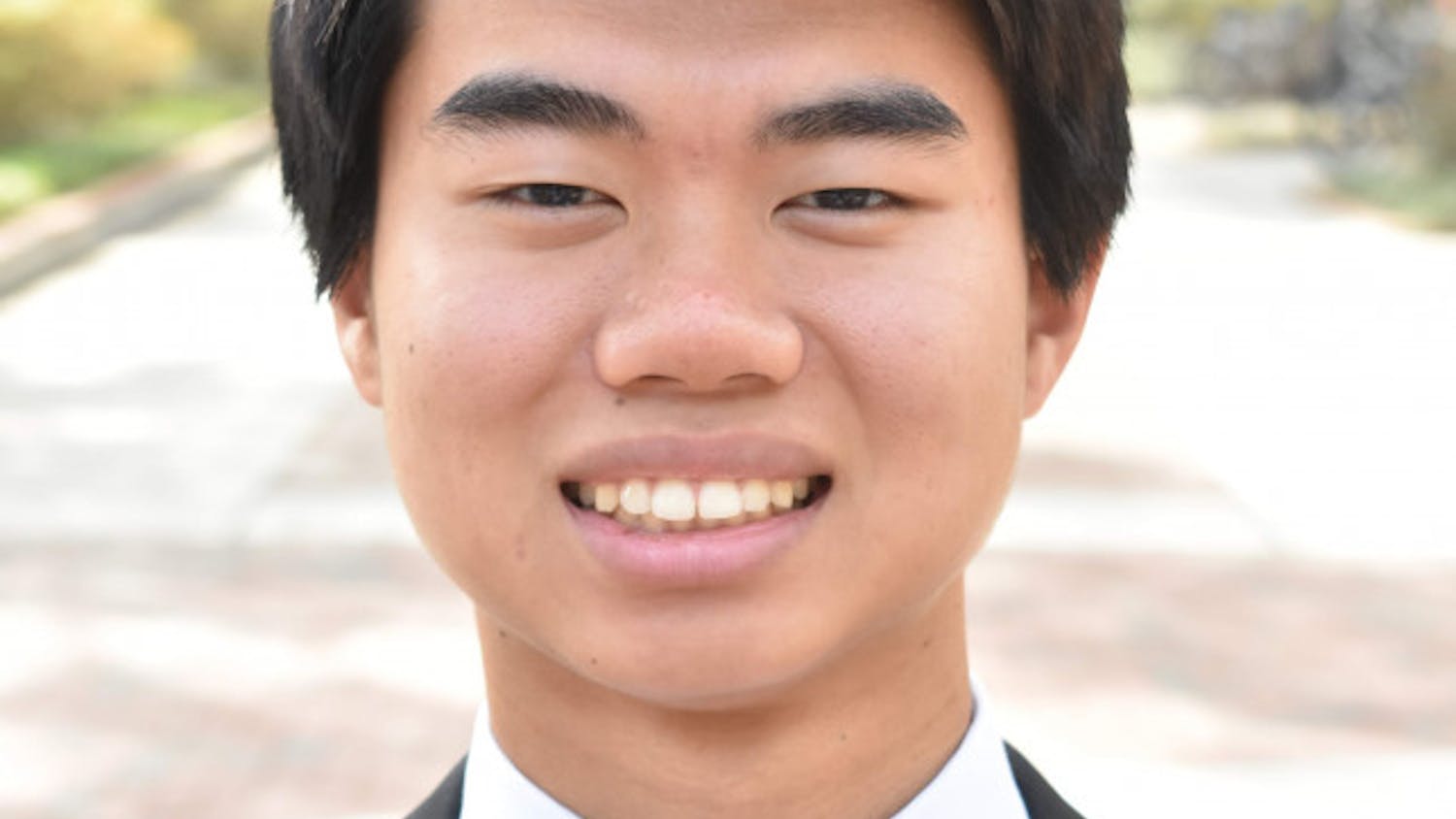Quaide Tranter’s Facebook likes include his uncle’s law firm and his stepdad’s business.
According to a new study, his likes could reflect his intelligence.
Researchers from the University of Cambridge Psychometrics Center and Microsoft Research Cambridge analyzed more than 58,000 likes on Facebook and claimed they could determine information such as sexual orientation, political affiliation and intelligence.
Tranter, an 18-year-old UF computer engineering freshman, said his likes reflect his support for family and friends.
“I do it to support them because more likes is better for [my family and friends’ businesses],” he said.
Researchers were able to accurately differentiate between people’s races 95 percent of the time, sexual preferences 88 percent of the time and religious affiliations 82 percent of the time.
The team also claimed Facebook users who like “The Colbert Report” or curly fries are more intelligent than people who do not.
Bruce Floyd, UF’s social media specialist, said he is not surprised by the obvious correlations, such as a person who likes President Obama, the Democratic National Party and Democrats will probably vote for a Democrat during an election.
However, sometimes people will like something not because it reflects who they are as a person but something they want to be informed about.
He said a Democrat might like a Republican page during elections so that he or she knows what the party is doing, which could skew the results.
“When the research says Facebook likes are reflections of who you are, I mean, that is a generalization. I understand that,” Floyd said. “But I question the fact that if you like curly fries, it has a direct relationship with your intelligence.”
The research also claimed the page, “Being Confused After Waking Up from Naps,” which has 366,000 Facebook likes, is a characteristic of heterosexual men.
Tranter, who likes about 40 pages on Facebook, agreed sexuality can be obvious on Facebook, but Facebook likes cannot fully represent someone.
“I might like a page on Facebook that supports gay marriage, but I’m not a homosexual man,” he said. “You can’t judge someone by their Facebook likes.”




